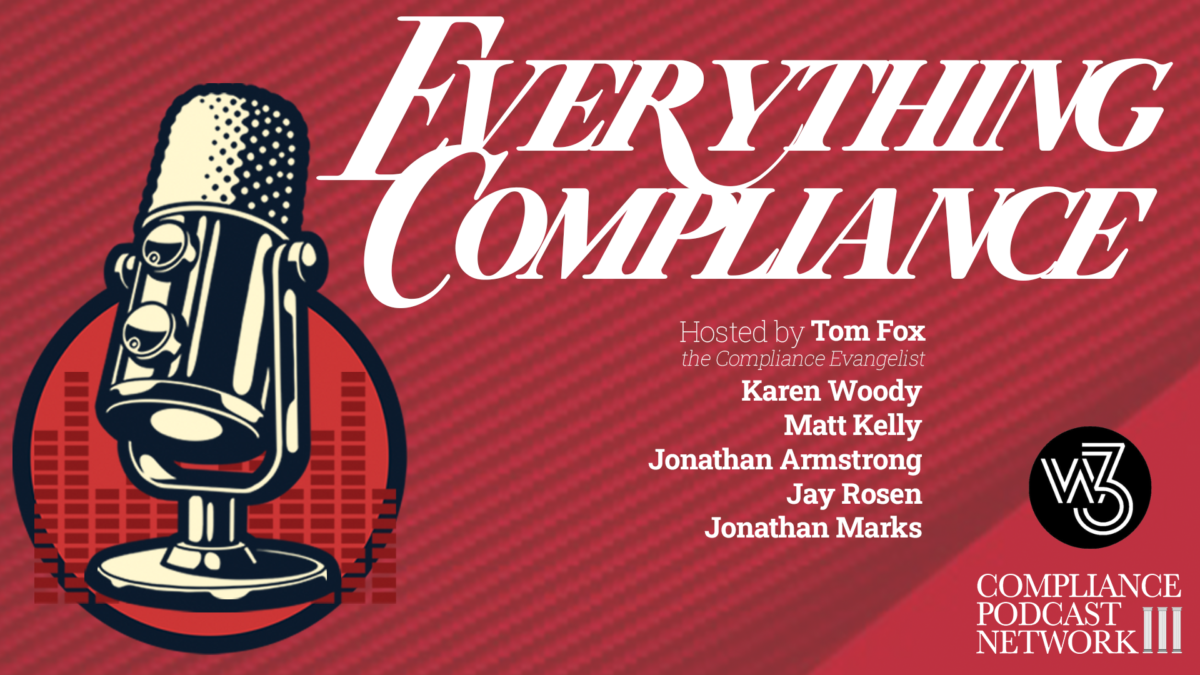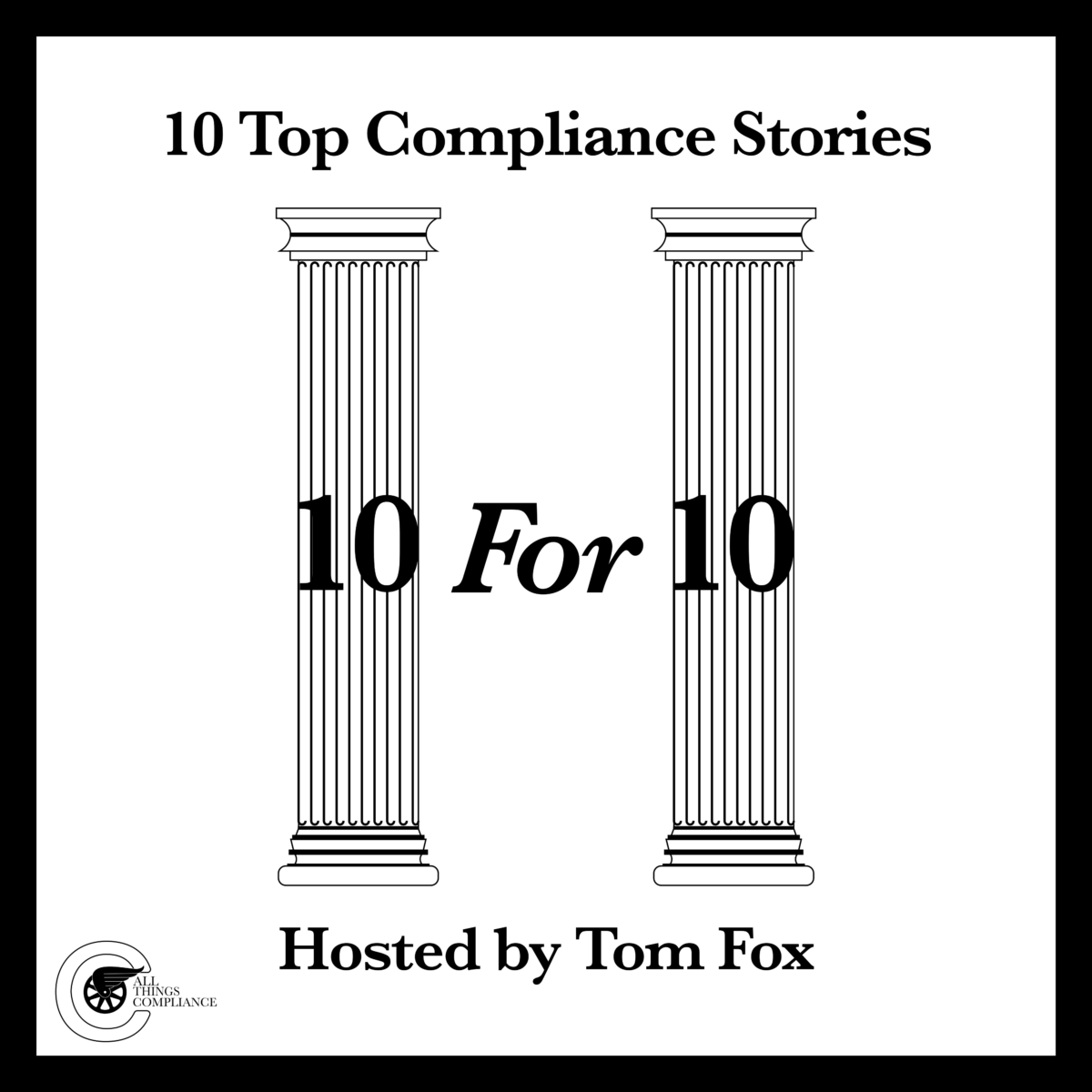Insider trading has long been a contentious issue in finance, with compliance, legal, and ethical implications that continue to evolve. There is currently an insider trading case going to trial, which could expand the definition of that term and add a new one to the Securities Law lexicon, “Shadow Insider Trading.”
According to the Wall Street Journal (WSJ), “The Securities and Exchange Commission now says he committed insider trading, even though he didn’t buy his employer’s stock and didn’t have inside information about the company he bet on.” That person was Matthew Panuwat, an employee of Medivation, who traded in a similar company, Insight, based on non-public information about Medivation’s potential acquisition by Pfizer. This case, which involves what is known as shadow insider trading, is intriguing and sheds light on the changing landscape of insider trading regulations.
According to the WSJ, Congress has never defined insider trading, let alone shadow insider trading, leaving regulators and courts nationwide to decide what qualifies. “Defense lawyers have dubbed Panuwat’s case the first involving “shadow insider trading,” a label that describes executives making well-timed bets in the shares of other companies.” Of course, one person’s shadow insider trading can be seen as another person’s excellent research.
In this case, the SEC has taken a novel approach, arguing that employees have a general duty to avoid trading based on information learned through employment. Panuwat’s actions, although seemingly savvy, have raised questions about the boundaries of insider trading laws and the extent of an employee’s obligations to their employer. As Woody told the WSJ, “No court has ever tackled the idea that executives can go too far when they deploy their specialized knowledge or expertise to trade in the shares of rivals.”
In a recent episode of Everything Compliance, Karen Woody, a prominent figure in the discussion of insider trading laws, highlighted the complexities involved in regulating and training employees. (She was also cited in the WSJ article.) The challenges lie in ensuring employees understand the importance of confidentiality and ethical standards in their trading practices. The need for clarity and regulation in securities law becomes apparent when cases arise, where the lines between legal and illegal trading practices can become blurred.
The SEC says, “Two facts about Panuwat’s trading show it was illegal. First, his employer, Medivation, had a policy that forbade trading other companies’ shares when employees had material, non-public information about Medivation. And second, Panuwat traded on his work computer just seven minutes after he allegedly learned that Pfizer would buy his company.” Additionally, “His purchase of Incyte options netted Panuwat $120,000, according to a recent SEC court filing. Court records show he sold some of the contracts just days after buying them. He sold others weeks later and lost money on those but still earned a profit overall.
This case has implications for this CA insider trading liability. The SEC’s pursuit of Panuwat sets a precedent that could affect how insider trading is perceived and regulated. The case underscores the significance of upholding ethical standards and maintaining trust in the financial markets.
There are complexities to insider trading laws, and while some aspects may seem fundamentally flawed, they are still legal for various reasons. The intricacies of insider trading regulations demonstrate the need for a nuanced understanding of the law and its implications. For the compliance professional, however, it means not simply understanding the laws but what can prevent such claims from arising in your organization.
In the Morrison Foerster blog Takeaways for In-House Counsel from the SEC’s “Shadow Insider Trading” Action, the authors note there are several corporate governance considerations and actions a company should take, including:
- A review of insider trading policy annually and modify it as appropriate considering new regulations, case law, and corporate governance trends.
- Revise training to include shadow insider trading and ensure everyone receives the training in the age of more excellent workforce transitions.
- Tighten language in your insider trading policy.
- Create proper processes to monitor potential violations and enforce the full scope of such policy.
- You may well need to consider the competitive landscape of its industry in drafting its insider trading policy, especially if the policy prohibits trading in stock of other public companies under certain circumstances.
In a Star Compliance blog post, they suggest adding tech solutions to help detect any such shadow insider trading schemes. These include the implementation of Sector Surveillance to Capture Shadow Trading Scenarios by using Market-data technologies to monitor:
- Individual issuer securities;
- Derivative securities; and
- Sector-specific/non-diversified/non-broad-based funds that are both sector- and employee-specific.
You might also use basic due diligence information, such as business entities, individual securities, industry sectors, and economic activities—as data points or hooks to facilitate employee trade surveillance for shadow trading; all are widely accepted data protocols for tagging companies. They conclude, “Shadow trading adds greater complexity to discovering insider trades, but identification is possible. Additional due diligence on the part of compliance teams is required, and compliance tech can (and really must) be a part of that enhanced due diligence process.”
The case of Matthew Panuwat and the SEC’s pursuit of insider trading allegations against him serve as a reminder of the importance of upholding compliance requirements, ethical standards, and legal obligations in financial services. As the landscape of insider trading regulations continues to evolve, individuals and organizations must navigate these complexities with transparency, integrity, and a commitment to ethical conduct. For the compliance professional, it means assessing this new risk, putting together a risk management strategy and implementing it, monitoring the results, and remediating any deficiencies in the future.










